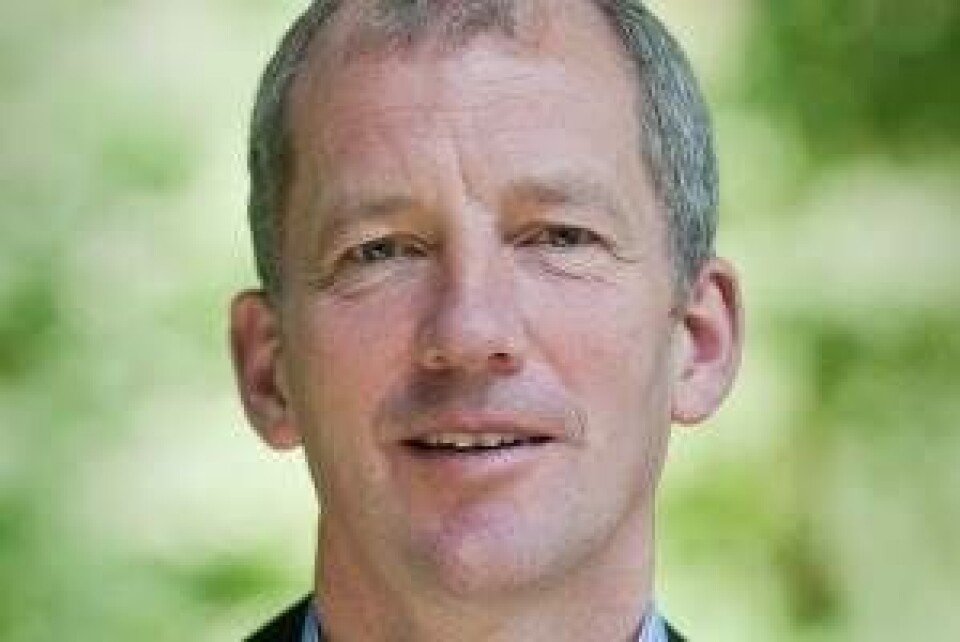
Scots set to lose Hendrix HQ
The Aquaculture R&D department of Hendrix Genetics is moving from Stirling to the Netherlands.
The department, formerly known as Landcatch Natural Selection (LNS), has been based in Scotland since its inception in 1997 and benefited greatly from close association with the Universities of Stirling, Edinburgh (Roslin Institute) and Glasgow.
However, as the Aquaculture Business Unit in Hendrix Genetics continues to expand both globally (Europe, North and South America, and Asia) and in multi-species (salmonids and warm water species), the need to develop the R&D capabilities and build on the historic successes of the department is ever greater.
Neil Manchester, managing director of the Aquaculture Business Unit, said: “Merging with the Hendrix Genetics Research and Technology Centre (RTC) means access to a much larger team of experts and will allow even faster development and incorporation of genomic and genetic technologies into our breeding programmes around the world.”
To develop the R&D department further, Dr Johan van Arendonk, former Professor and Head of the Animal Breeding and Genomics Center and Dean of Sciences at Wageningen University and current Chief Innovation and Technology Officer in Hendrix Genetics, has been appointed as head of the Aquaculture R&D department. Dr van Arendonk brings vast experience from the global genetics and breeding industry, and is currently building up a very strong multi species breeding team in Boxmeer, of which the aquaculture department will form a key part.
Neil Manchester added: “Aquaculture breeding is a very exciting arena, and is certainly a key part of the development of this company into the future. While our aqua R&D department will be based in Boxmeer to gain from the obvious synergies within our multi-species operations, Dr van Arendonk will continue the special relationships with Stirling and Edinburgh (Roslin Institute), especially to maintain our position as technology leaders in the development and use of genomics in aquaculture breeding.”























































